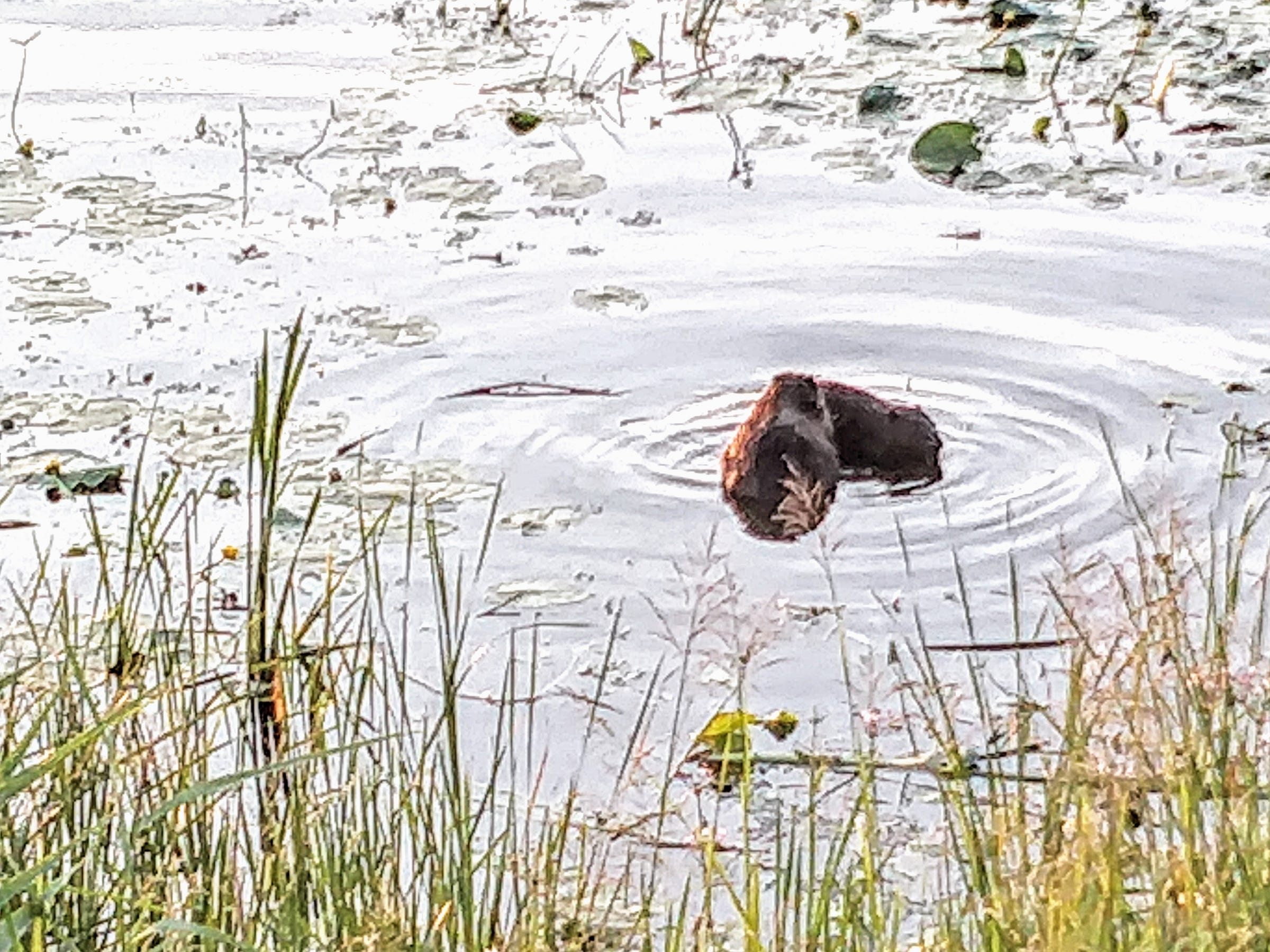Day 516
Eager beavers
I saw two beavers flopping around in the Dnipro River early this morning. I knew a family lived on Venetsiantskyy Island across the way but wasn’t aware they swam over to the right bank for breakfast. Jimmy has also spotted beavers.
On the war jacket, Gulliver Cragg, a correspondent for France 24, has admitted, finally, that it was obvious that Russia ran the puppet “republics” in Donbas. He said he is sorry for not saying so and instead playing along with the Russian ruse and reporting bullshit.


